PS5 State of Play shows Sony's treading water when it should be making waves
All the old hits
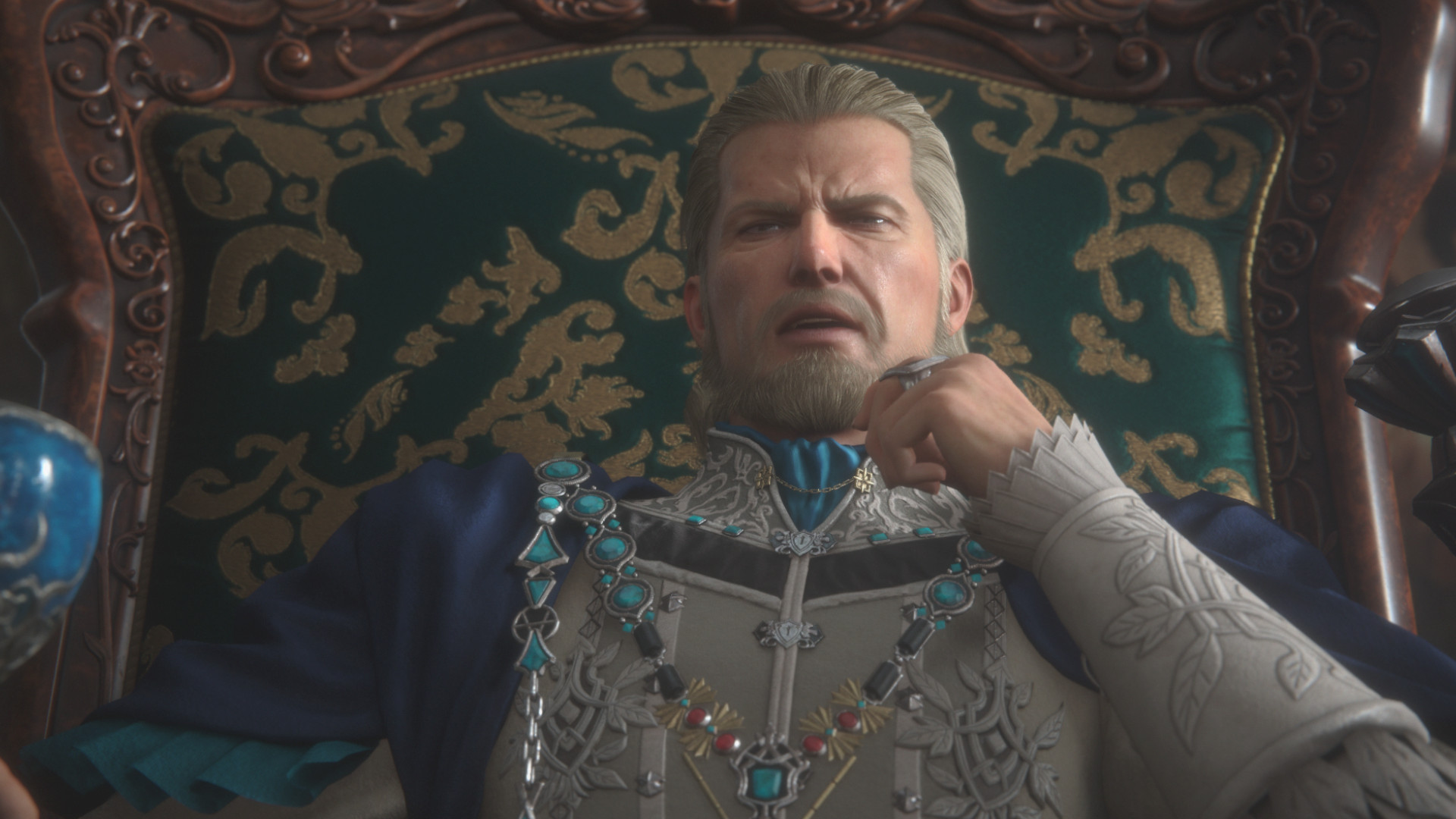
Sony's not-E3 State of Play took place at a time of transition for both the platform-holder and the games industry more generally. Xbox has pulled the rug out from under Sony in the last few years by focusing its efforts more on the software and service (which is to say: Game Pass) rather than the hardware. Sony and the PlayStation brand has meanwhile soldiered on as if the console wars were still a thing, sexy console specs and big exclusives, while the industry at large gravitates towards a more platform-agnostic approach.
This State of Play was almost an archetypal PlayStation presentation: Resident Evil and Final Fantasy are probably the two most-important third-party series in the platform's history. So big reveals for both (and multiple reveals in Resi's case) is par for the course and that's part of the problem. PlayStation is a brand that is beginning to feel slightly bound-up in itself, like it has a greatest hits catalog everyone loves and keeps playing the favorites.
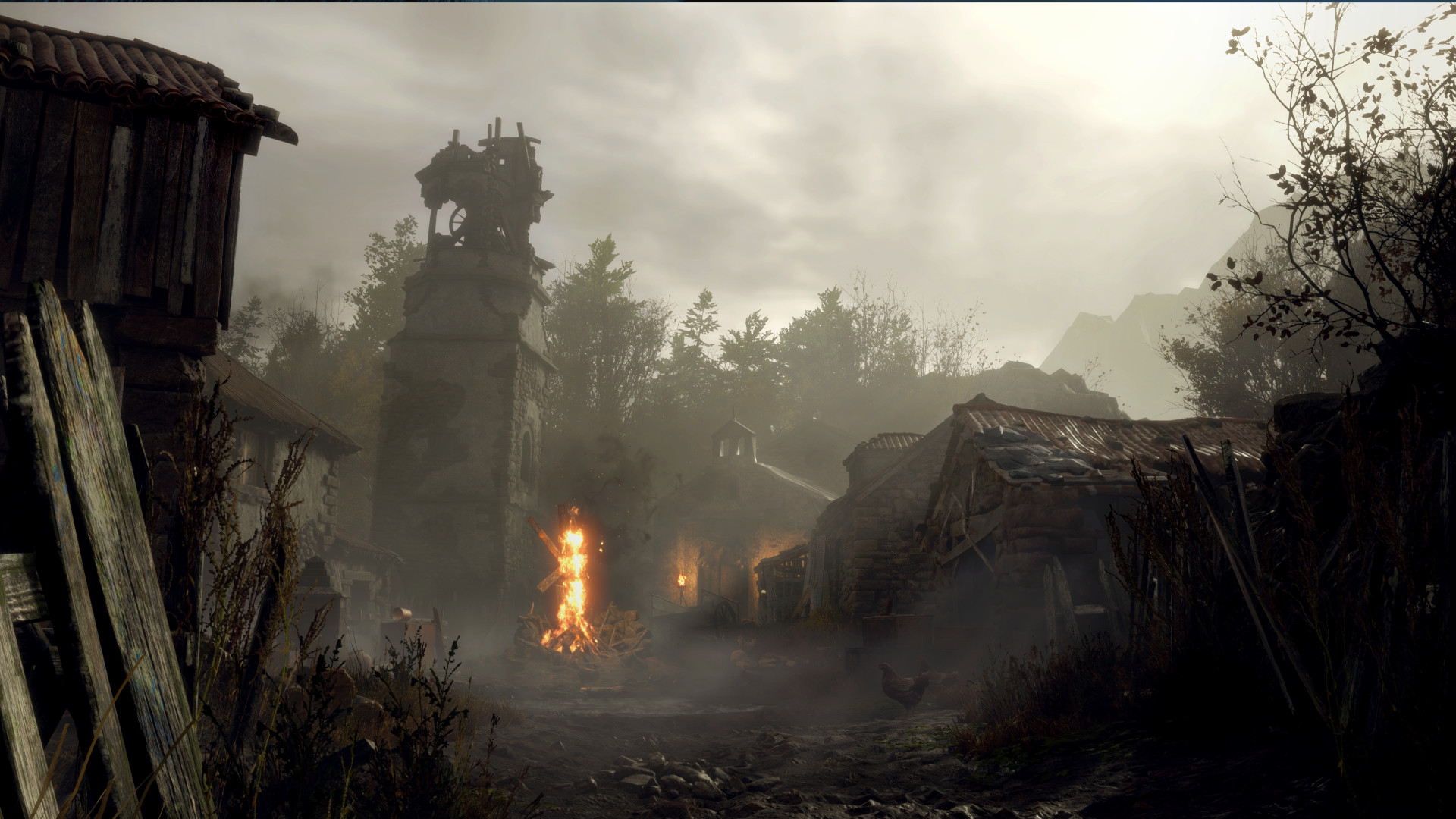
A Resident Evil 4 remake is a no-brainer as a project, especially after the success of the Resident Evil 2 remake (apparently most of that dev team is working on this one). But, even speaking as someone who puts this game in their all-time top five, is it really something to get excited about? It's a remake of a game that's almost two decades old. It's gonna look great, the script will be better, and I'll definitely play it. But fundamentally this is a known quantity, a necessary remake sure but nothing to start whooping about.
Afterward, there was a sizzle reel of neat-looking PSVR2 projects, including Resident Evil Village, which is all well and good but (a) they're VR and (b) the headset isn't even out yet. Then I have to give absolute top marks to the Sony marketer who wrote the line "and now, a beloved Playstation classic is coming to PC" and then insisted on about ten seconds of dead air before Bloodborne was not revealed. You'll never convince me that wasn't intentional, even if the Spider-Man games are one heck of a consolation prize.
Marvel's Spider-Man and the Miles Morales spin-off is not everything that Sony's bringing to PC: it projected $300 million in revenue this financial year from its games on the platform and, while Spider-Man should do a lot of heavy lifting, reaching that number will require some additional big-hitters.
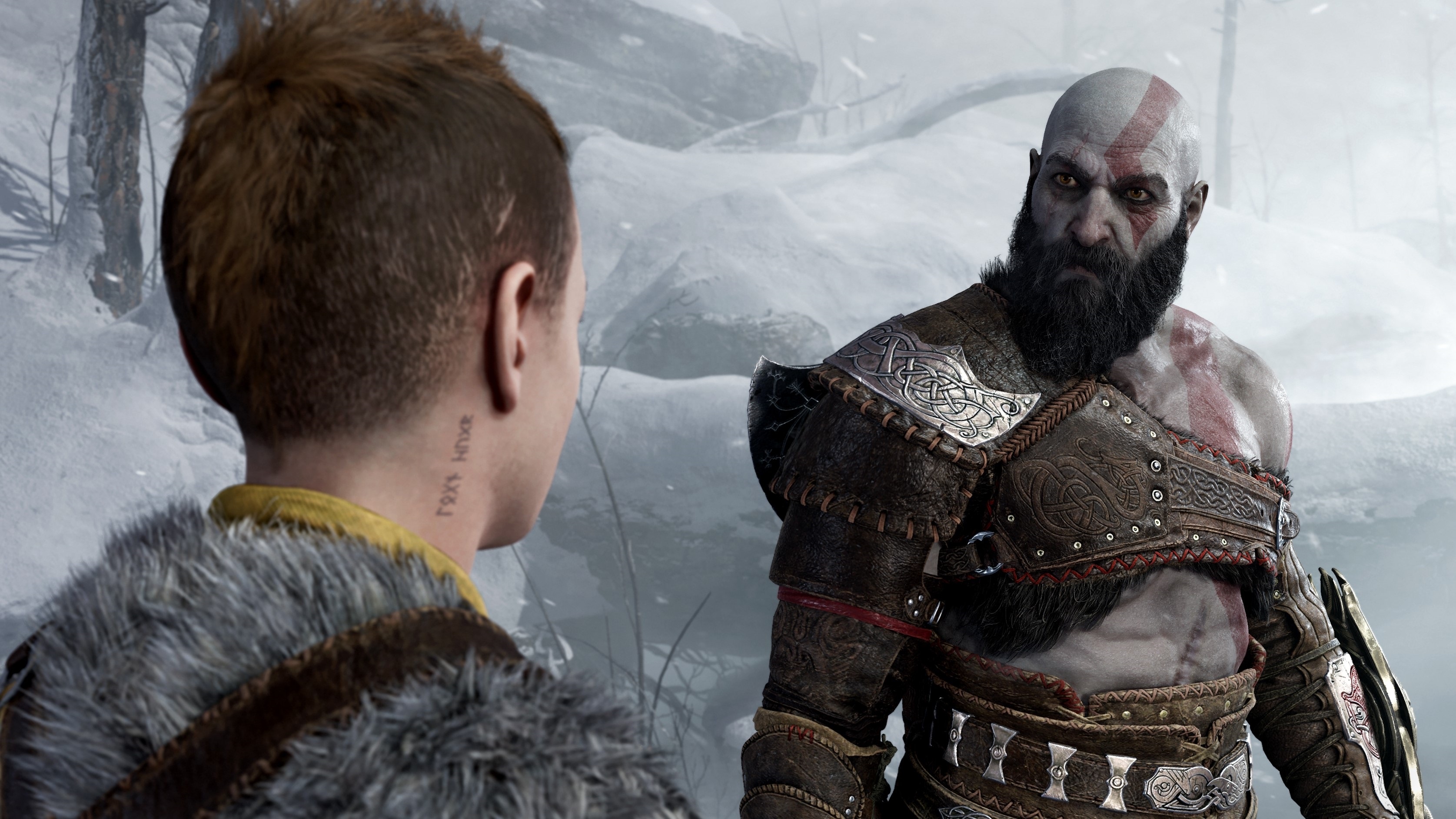
God of War: Ragnarok's absence was noted by many, but Sony did say ahead of the show that this would be third-party-focused. That doesn't quite gel with the announcement of a Horizon VR game (or the Horizon Forbidden West update) and Spider-Man, but these arguably don't count given it's a VR title, a nice extra for an existing title, and a port. There may well be a yet-unannounced first-party-focused State of Play to come but, until it does, some fans will be eyeing Ragnarok's 2022 release date with slight trepidation.
God of War Ragnarok does highlight one of the tensions Sony is currently dealing with, which is that it doesn't have a great reason for people to buy a PS5 (the game will also be on PS4). Don't get me wrong, Sony's biggest issue with the console is maintaining the supply, but when that's taken care of (and it's already much easier to get a PS5 now than it was a year ago), the question remains: what can you do on there that you can't do on PS4? The answer so far seems to be a handful of exclusives that, honestly, don't tempt me to drop £500-odd quid on new hardware.
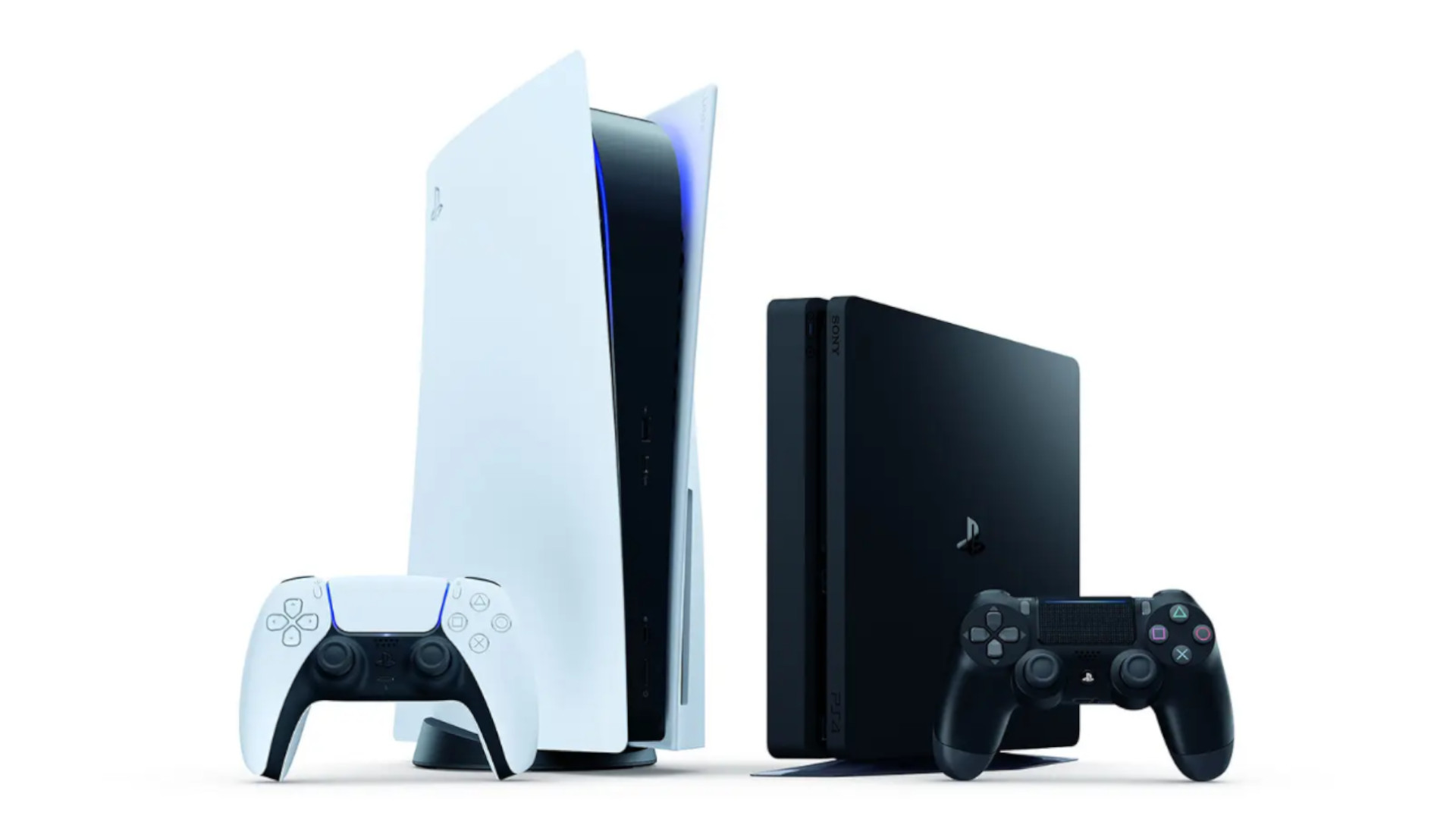
Sony itself sells PS4 as having 'the longest tail' of any PlayStation console, and of course, it's a plus that it has a lot of PS4 owners out there who keep buying games (and lots of people still buy PS4s too). But it does suggest we've reached something of a plateau in console technology, which is all the more evident when you look at the continuing runaway success of Nintendo Switch. PS5 just doesn't have that compelling upgrade hook yet, the games or features that might make you think a PS4 was old news: you can't seriously tell me Returnal and Demon's Souls, launch titles but still probably the two most notable exclusives, wouldn't run on the older hardware.
The problem is that PlayStation used to boss the wider games industry: back in the 2000s, it loomed over everything else. When the Xbox 360 beat the PlayStation 3 to market, the then-head of PlayStation Kaz Hirai said "the next generation doesn't start until we say it does."
Such arrogance would now be laughed at, but not necessarily because Sony's doing anything wrong: the PlayStation business remains enormously profitable, and when your hardware's biggest problem is supply then you're clearly doing something right. It's more that games have grown bigger than anyone could have imagined in recent decades, and the idea of one company or platform dominating the scene, like Atari or Nintendo or Sony themselves once did, has become an old-fashioned one.
The console wars are over not because any one platform-holder 'won' them, but because the audience is now so big that Nintendo can sit comfortably in its own massive mainstream niche while hundreds of millions more play across PC, PlayStation, and Xbox (nevermind the billions on mobile). It's no longer about whether you can find players and attract them into buying your bespoke box: in fact, it's completely flipped. There is now an audience for PlayStation games that exists outside of PlayStation console owners, and Sony doesn't quite know how to serve that without leaving its bread-and-butter console business behind.
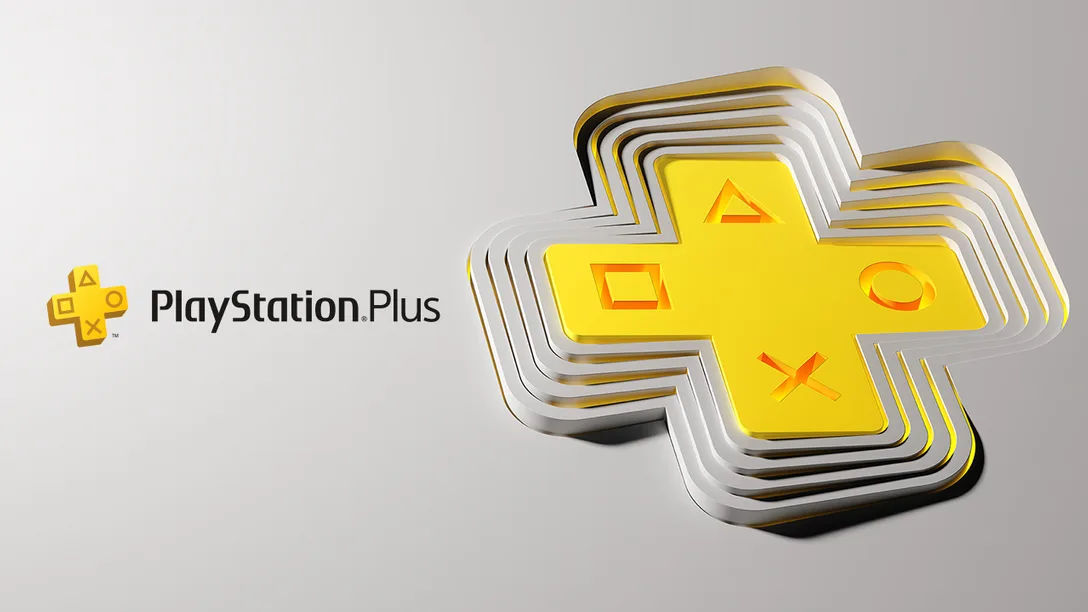
Sony essentially delivered an old-school presentation, a reliable line-up of numbered entries in big franchises, at a time when it already looks like being left behind by the wider industry. The company was infamously slow to adopt stuff like crossplay, and its relationship with PC is improving but lags way behind Microsoft's embrace of that and other platforms with Game Pass.
That's what this State of Play came down to. I was expecting a big argument for Sony's PS Plus subscription service, which was recently rebranded, relaunched, and comes in three confusing flavors. The company knows this is where a substantial part of its future income lies: Jim Ryan basically said as much to investors on its most recent earnings call, remarking that Sony had done a great job of leaving money on the table by focusing on protecting a closed ecosystem.
I wanted Sony to show me why I should be subscribing to its gaming service rather than Microsoft's Game Pass. I'm middle-aged, I have kids, and my concern with gaming now isn't money and paying for things: it's where I can best spend my limited time.
No argument of this sort was made, really. The biggest games in the show are coming to PC as well as PlayStation. The exclusives were confined to PSVR2 games, which is both unreleased tech and the acquired taste of VR, and stuff like Stray which, while it ticks the indie noodling box, is never going to make you subscribe to PlayStation Now in a million years.
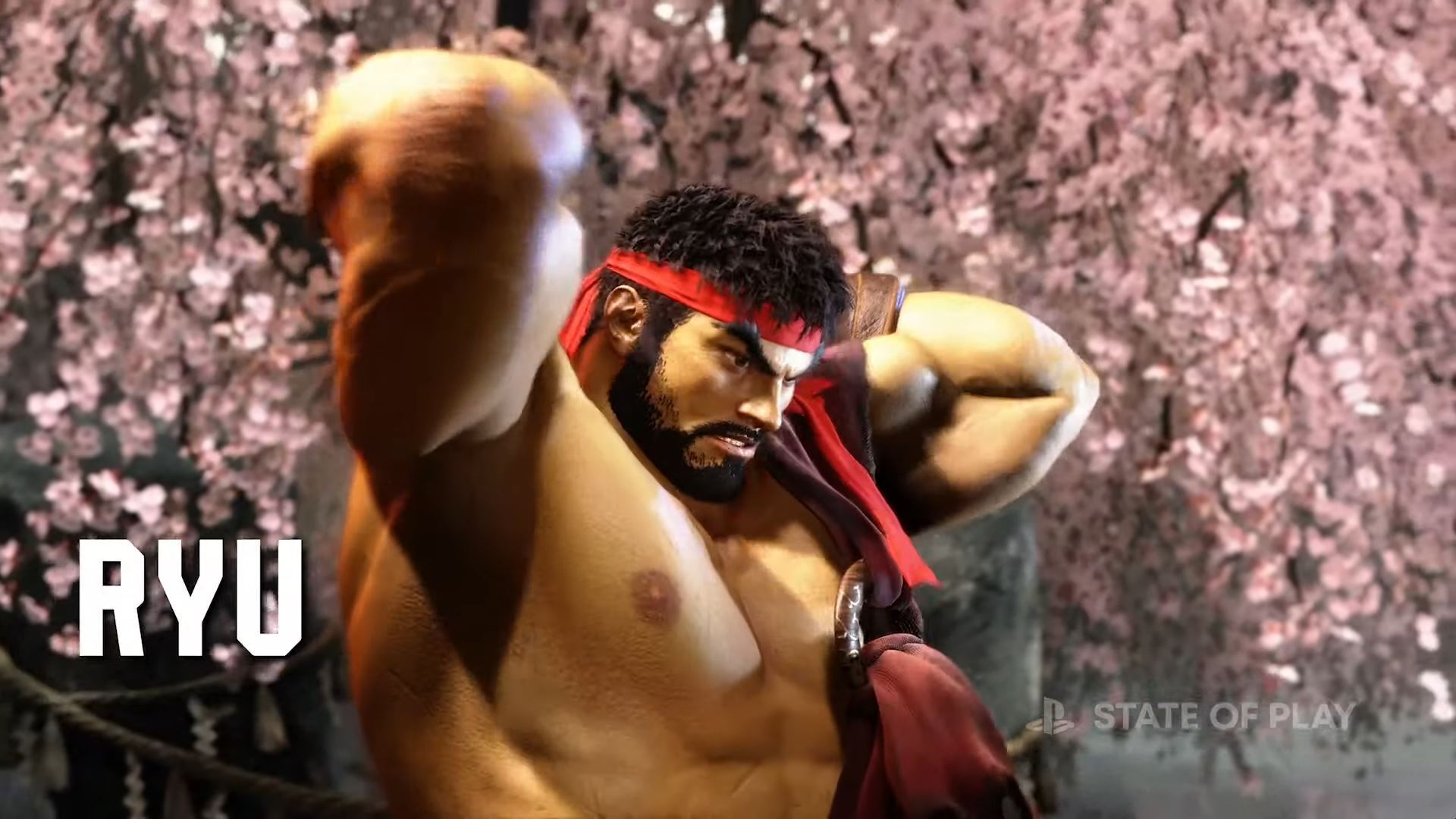
Sony delivered what I guess you could call fan-favorites, and as 'E3' presentations go I've seen a lot worse: Resi, Street Fighter 6, and Final Fantasy XVI is not a line-up of featherweights. There was an unexpected reveal of The Callisto Protocol, which comes from the Dead Space creatives and looks a lot like Dead Space, and some cool-looking smaller titles scattered around the biggies: a particular shoutout to Roll7's ace-looking Rollerdome, a skater-shooter with a gorgeous aesthetic. The show deserves praise for simply gathering together a bunch of games and zooming through them with minimal chatter and fluff, which is what all of these shows should be like.
But the future of PlayStation was not on display here, so much as a retread of PlayStation's greatest hits and the promise of more of the same. Sony may well be struggling to keep PS5s in supply. But oddly enough, for me at least, it's still struggling to come up with reasons why you'd want one.
Get daily insight, inspiration and deals in your inbox
Sign up for breaking news, reviews, opinion, top tech deals, and more.